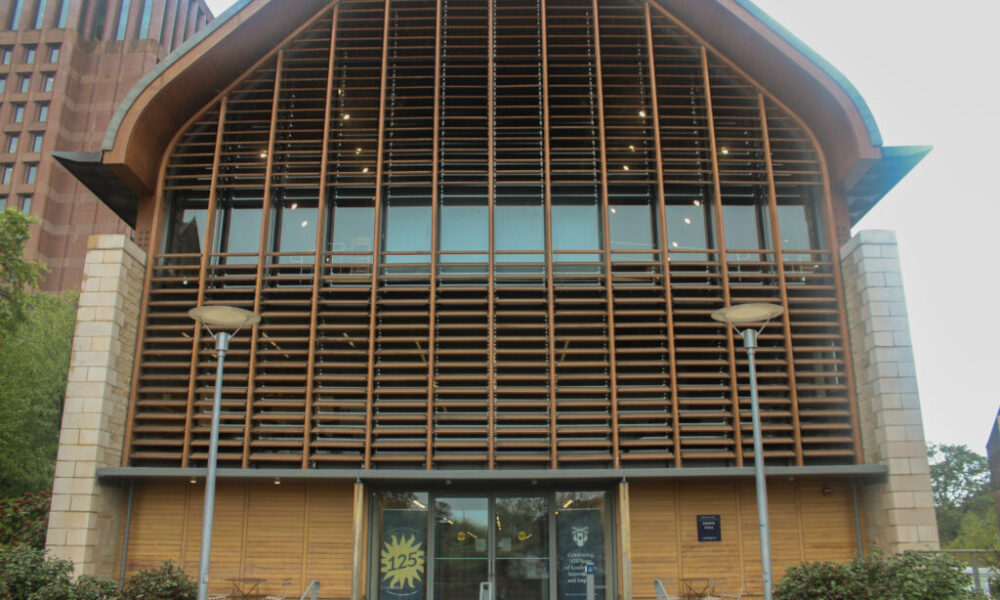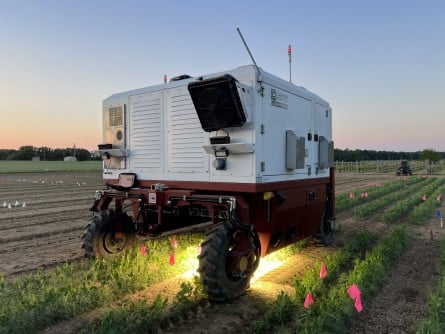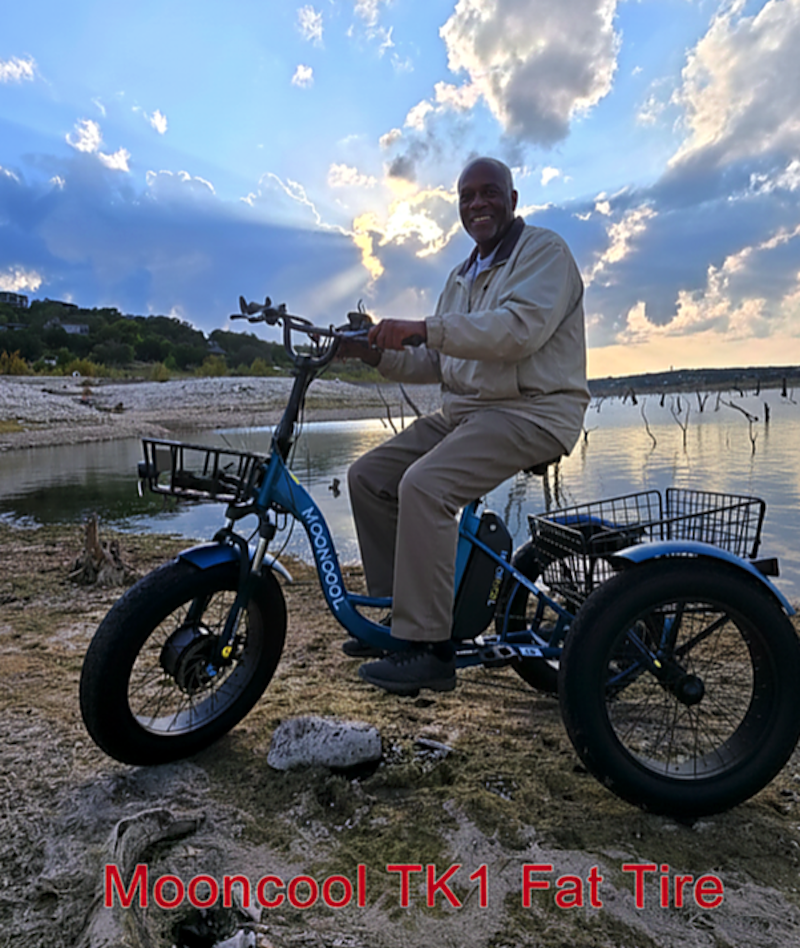Starting in August 2024, the Yale School of the Environment will launch two new accelerated degree programs: the Executive Master of Environmental Management (EMEM) and the Executive Master of Forestry (EMF). These one-year programs are designed for professionals with at least a decade of experience in their respective fields, providing a focused educational opportunity for senior leaders and mid-career professionals.
Dean Indy Burke emphasized the value of these executive programs in a recent communication. “Our traditional two-year degree programs offer an unparalleled educational experience for early-career professionals,” she stated. “The executive master’s degree programs will provide the same high-touch immersive experience but in a highly personalized format tailored specifically for experienced individuals.”
Reviving Historical Programs
The introduction of the EMEM and EMF programs marks a revival of earlier one-year master’s programs that carried the same names. Mark Ashton ENV ’85 GRD ’90, director of Yale Forests and senior associate dean for The Forest School, noted that these new offerings reflect the institution’s commitment to enhancing educational accessibility for established professionals.
The EMEM program aims to attract individuals who have already made significant contributions to environmental management. Agustín Carbó ENV ’12, who participated in the mid-career residential program in 2011-12, highlighted the transformative impact of such programs. He went on to work for the Environmental Protection Agency and became the inaugural chairman of the Puerto Rico Energy Bureau in 2022. Carbó described his experience as “amazing,” expressing a desire for more coursework during his time at Yale.
Program Requirements and Structure
Applicants for the EMF program must possess a degree in forestry, natural resources, or a related environmental field, alongside ten years of relevant work experience. This focus ensures that participants bring valuable perspectives to classroom discussions.
Ashton pointed out the challenges many professionals face in staying updated with advancements in environmental science and management. “Once you are in a job and in the daily routine of work, it is very difficult to take time out and catch up on the tremendous advances in knowledge,” he noted. “Having a one-year period of immersion can be a very refreshing and restoring experience that can advance someone’s career in new ways.”
The programs will be fully residential, allowing students to immerse themselves in the academic environment on Yale’s campus. Kenneth Gillingham, the School of the Environment’s senior associate dean of academic affairs, expressed a hope that mid-career professionals would enrich the intellectual landscape of the school. He stated that their presence would provide valuable insights for current master’s students, enhancing discussions about diverse career opportunities.
Founded in 1900 as the Yale Forest School, the School of the Environment continues to adapt its offerings to meet the evolving needs of the environmental sector. The introduction of these new executive programs reflects a forward-thinking approach to education, aiming to equip environmentally-focused leaders with the skills necessary to tackle pressing global challenges.







